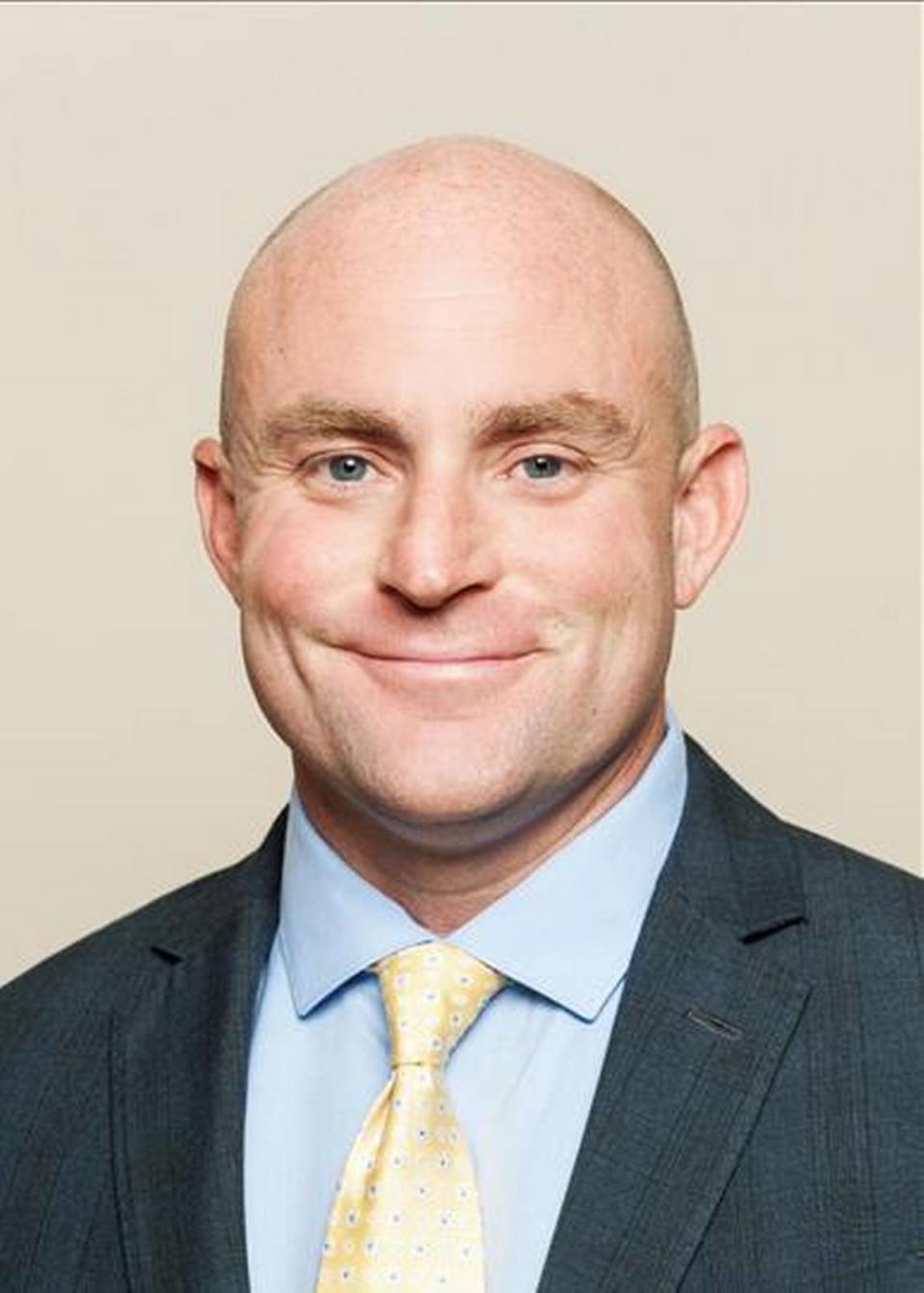Kids in court: NC bill to pull 6-to-9-year-olds from prosecution stalls in House
A bipartisan group of state lawmakers wants to raise the age at which North Carolina children can face criminal charges from 6 to 10 years old, but the proposal has been stalled for the last two months.
Rep. Danny Britt, a Robeson County Republican and one of the primary sponsors of Senate Bill 207, says he isn’t worried.
“I think it is something that’s still got momentum,” Britt said in an interview last week. “We’ll see movement here shortly. We still have a lot of time.”
Advocates say young children lack the mental capacity to understand the juvenile justice process and its consequences. They can’t make informed decisions about talking with police, admitting to the accusations against them and going to trial, The News & Observer reported.
Under the current system, criminal complaints can be filed against children as young as 6.
Gov. Roy Cooper’s Task Force on Racial Equity in Criminal Justice recommends the age be raised to 12. A subcommittee of the Juvenile Justice Advisory Committee, established by the state legislature, recommends 10. The National Juvenile Justice Network recommends 14.
North Carolina has the lowest age for juvenile prosecution in the nation, although many states don’t set a minimum age.
Until recently, North Carolina also was the only state that automatically charged 16- and 17-year-olds accused of a crime as adults.
Cases brought against young children in North Carolina have included a 6-year-old who picked a tulip at a bus stop, a 9-year-old with autism who threw a pencil at a teacher, and children who have broken windows, according to interviews with attorneys who work with children charged in juvenile court.
Senate Bill 207
The Senate bill seeks to raise the age and clarify recent steps to keep 16- and 17-year-olds in the juvenile justice system. It was filed March 9 and passed the Senate on March 25.
Sen. Mujtaba Mohammed, a Mecklenburg County Democrat and the other primary sponsor of the bill, hopes it will get a hearing soon.

“Hopefully, before we leave session, so that we can finally get out of the dark ages in North Carolina when it comes to prosecuting 6-year-olds,” he said.
Republicans and Democrats have worked together on criminal justice reform this session, he said.
Rep. Marcia Morey, a Durham County Democrat and former judge, said she hasn’t heard any opposition to the push to raise the age.
Still, a similar bill introduced March 10 hasn’t made it out of the House, despite also having bipartisan sponsors.
In a previous interview, Britt said he wasn’t aware of a specific holdup, but he and others are working on building consensus about how to maintain jurisdiction over the children 6 to 9 years old while not criminally prosecuting them.
“If we don’t do anything with them and we don’t do anything with their parents, then we’re basically allowing them to reach an age where it may be too late to impact change,” Britt said.
Jurisdiction over the parents
Under Senate Bill 207 children ages 6 to 9 would be pulled from the criminal court process, for the most part.
Instead, a court counselor would determine whether a complaint against a child that age should be dismissed, diverted or accepted as a “child consultation.”

Under the child consultation, counselors would work with parents, social services, school officials and others to consider what services the child and the child’s family need.
If the family doesn’t comply with the prescribed plan, parents or guardians could be summoned to court and face contempt charges.
Morey, as well as state Juvenile Justice officials, have expressed concern about whether the juvenile court process can have jurisdiction over parents.
Morey and others have suggested that instead of sending parents to juvenile court, they should go to the local Department of Social Services, which already has a process to address abuse, neglect and dependency situations. Morey said she plans to propose a related amendment to the Senate Bill when it moves forward.
Britt said he is open to changes.
The underlying concept of children “being prosecuted criminally and going through the adjudication process is something we all agree doesn’t need to happen,” he said.

